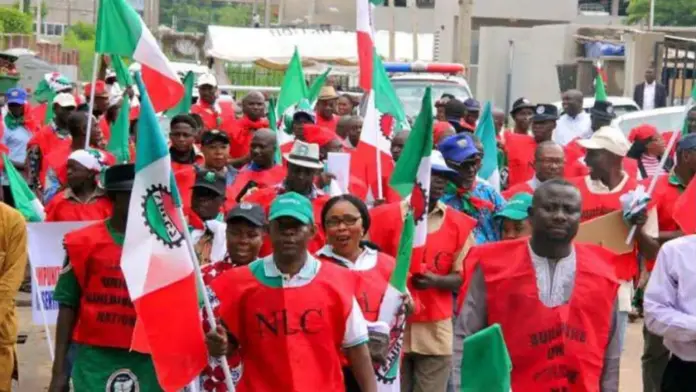Nigeria Grounded as Labour Unions Initiate Nationwide Strike Over Economic Demands
A nationwide industrial action orchestrated by the Nigeria Labour Congress (NLC) and the Trade Union Congress (TUC) has brought economic activities across the country to a grinding halt. Commencing Monday, the indefinite strike has led to significant disruptions in various sectors, impacting daily life for millions of citizens as public and private services cease operation.
The joint labour unions embarked on this action following the collapse of negotiations with the federal government regarding a new national minimum wage and the contentious hike in electricity tariffs. Workers are demanding a substantial increase in the minimum wage, citing the escalating cost of living and the depreciating value of the Naira, alongside a complete reversal of the recently implemented electricity tariff adjustments which have severely burdened households and businesses alike.
Efforts to avert the strike proved futile over the weekend, as discussions between government representatives and labour leaders reached an impasse. While the government proposed figures deemed unacceptable by the unions, the NLC and TUC maintained their resolve, insisting that their demands reflect the dire economic realities faced by the average Nigerian worker amidst persistent inflationary pressures.
The immediate effects of the industrial action are palpable, with airports reporting flight cancellations, banks remaining shut, and government offices deserted. Critical infrastructure and essential services are also feeling the brunt, raising widespread concerns about public welfare if the strike persists. This disruption further complicates an already fragile economic landscape, potentially exacerbating existing challenges and hindering productivity across key sectors.
As the nation awaits a swift resolution, the strike underscores the deep-seated frustrations over economic policies and their visible impact on the populace. Stakeholders, including civil society groups and business communities, are urging both parties to return to the negotiation table to prevent further damage to the national economy and alleviate the mounting hardship experienced by Nigerians.



